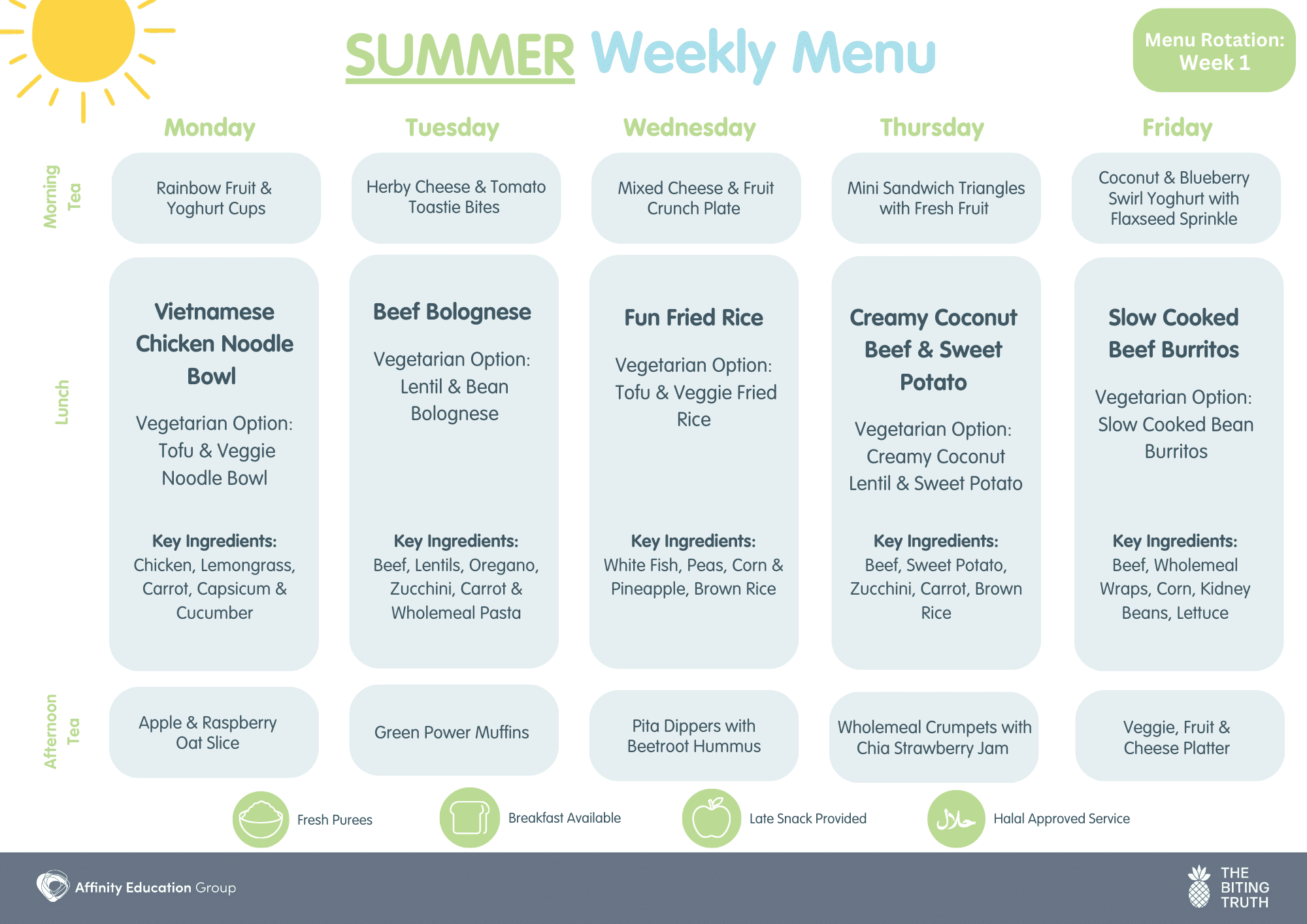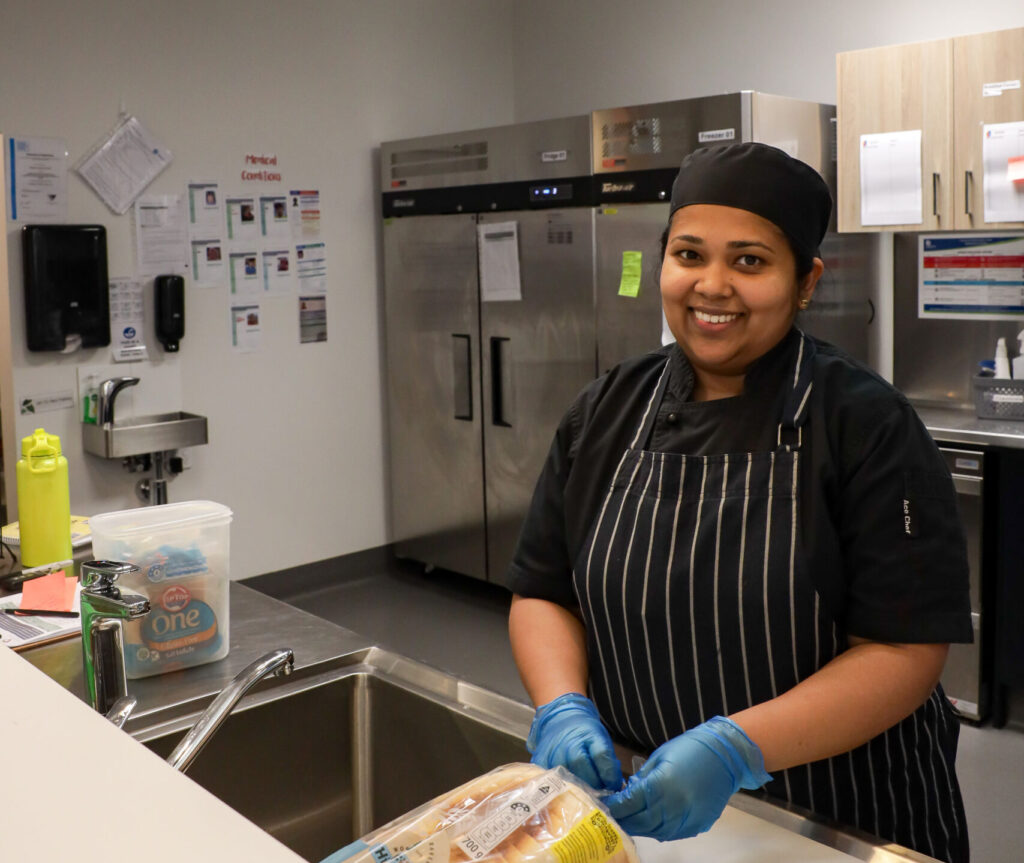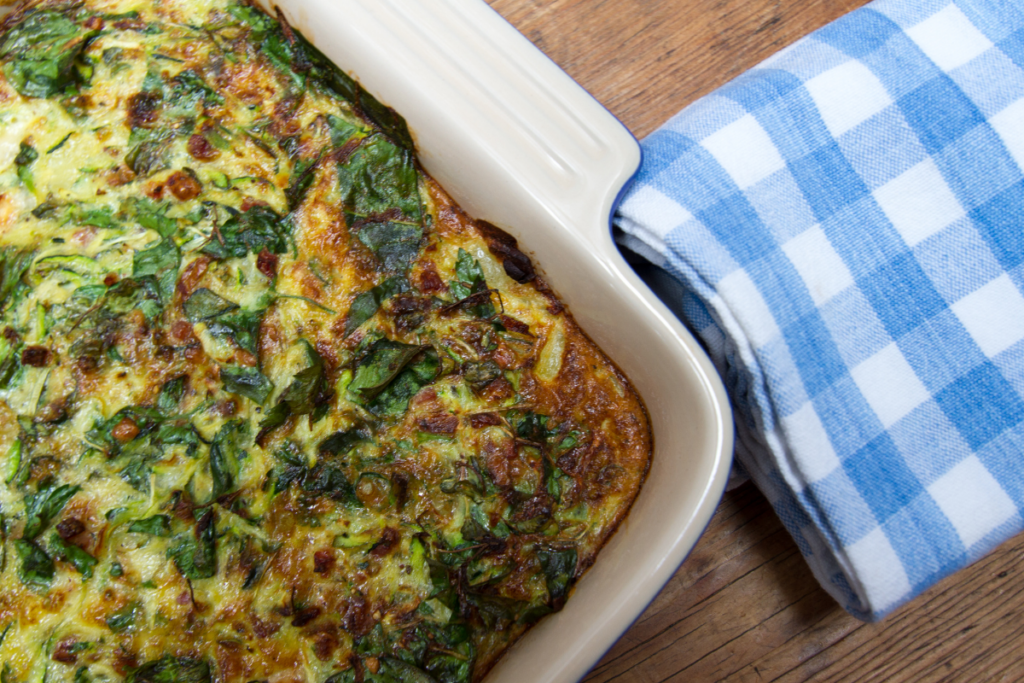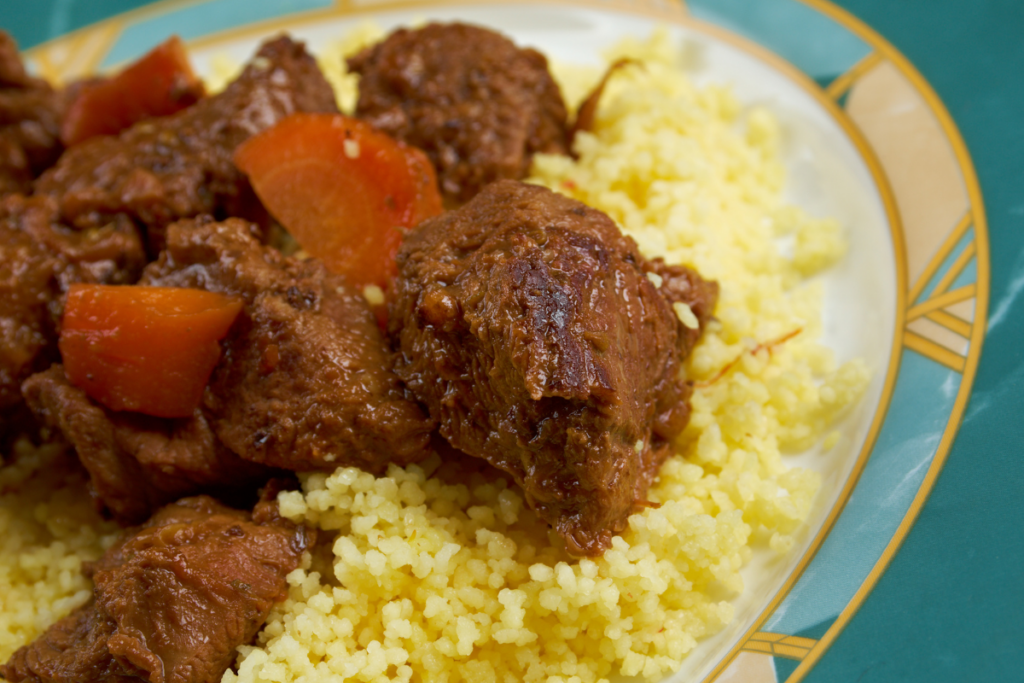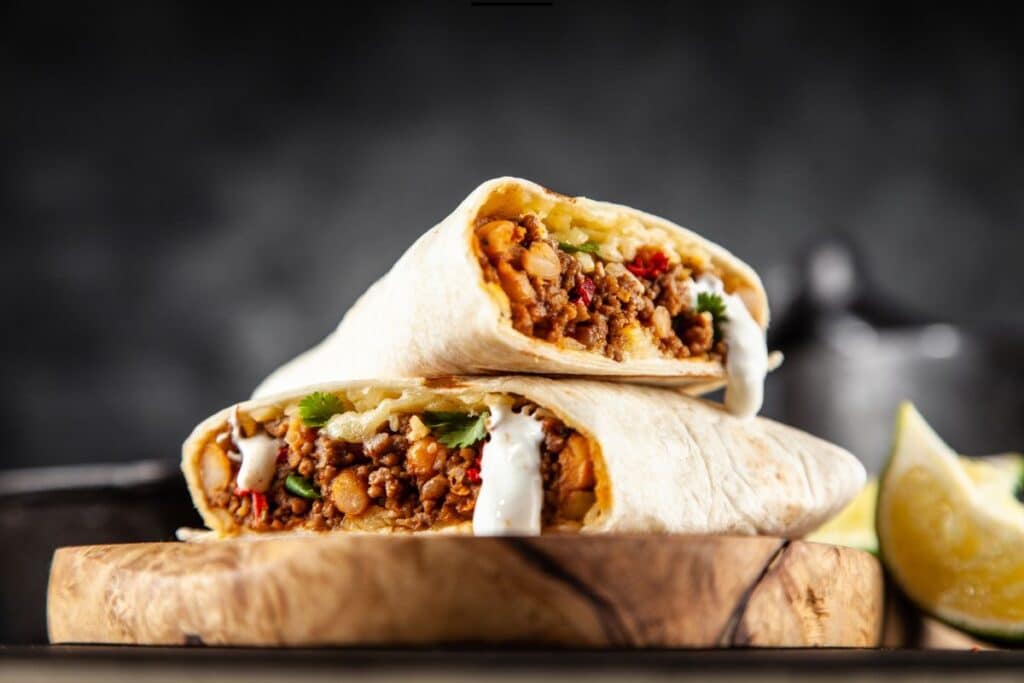Healthy Menus & Happy Mealtimes at Milestones

Fresh, Seasonal Food Prepared With Care
At Milestones, we believe food should be fresh, nourishing and full of joy. Every meal in our centres is prepared onsite by our talented Centre Cooks using seasonal Australian produce.
Whether your child is tasting their first purees or confidently sharing meals with friends, each mealtime is designed to support learning, connection, and healthy habits that will last a lifetime.
Below, you’ll find everything you need to know about our menus, mealtime approach, and recipes you can enjoy at home.
Our Seasonal Healthy Menu
Our menus change with the seasons so children enjoy fresh, tasty ingredients and the best nutrition every day. Each day includes:
- A balanced breakfast
- Morning tea
- A nutritious lunch
- Afternoon tea
You’ll see plenty of colourful veggies, fresh fruits, whole grains, lean proteins, plant-based options, dairy and alternatives, healthy fats, and of course, lots of water!
This summer, we’ve refreshed our menu in collaboration with The Biting Truth, Accredited Practising Dietitians and leaders in early childhood nutrition. With over 10 years of experience working with early learning services, they know how to create meals that are nutritious, practical for cooks, and loved by kids.
What’s new?
- A vibrant mix of flavours from different cuisines
- Iron-rich options for growing bodies
- Balanced vegetarian meals with legumes and tofu
- Extra focus on fruit and veggies for colour, fibre and goodness
- Child-friendly textures and safety in mind
- Fun, nourishing afternoon teas
Every week is designed to help children explore new tastes, build food confidence and develop healthy habits for life.
Download Our Free Seasonal Family Cookbook!
We’re excited to share our newest Seasonal Family Cookbook - a special collection of child-approved recipes inspired by the meals served in our Milestones kitchens every day.
Created in partnership with FeedAustralia, this cookbook celebrates everything we value at Milestones: fresh, colourful ingredients, simple family cooking, and mealtimes that bring joy and connection.
Inside, you’ll find wholesome snacks, vibrant mains, and easy recipes little helpers can join in on, just like in our centres. Every dish has been chosen straight from the menus prepared by our talented Centre Cooks, using fresh, seasonal ingredients families can enjoy at home.
Whether you’re stirring, sprinkling, or taste-testing together, we hope these recipes bring a little of our kitchen magic into yours.
Mealtimes at Milestones
Mealtimes are a cherished part of our day - calm, social, and built around supporting children’s confidence and independence.
Our educators support children to:
- serve themselves when developmentally ready
- explore new foods without pressure
- chat, laugh, and connect at the table
- practise table manners and turn-taking
- build independence through pouring and using utensils
Educators sit with the children, modelling curiosity and enjoyment of food. We also work closely with families to meet individual dietary needs, allergies, and cultural food preferences through careful menu planning and clear communication.

Helpful Resources for Families
Whether you’re starting solids, managing fussy eating, or looking for healthy ideas at home, these guides can help:

Understanding food groups and serving sizes

How we support babies starting solids

Tips for fussy eaters

Introducing new foods at home

How we keep food safe in our centres
If you ever have questions about your child’s dietary needs, our Centre Cooks and educators are always here to help.
Healthy Recipes for Children
Looking for simple, nutritious meals the whole family will enjoy? Explore our collection of quick recipes - perfect for busy evenings, lunchboxes, or weekend cooking with little helpers.

